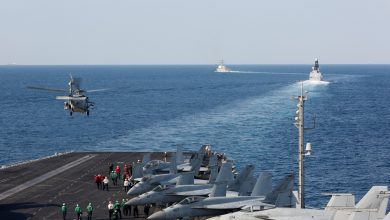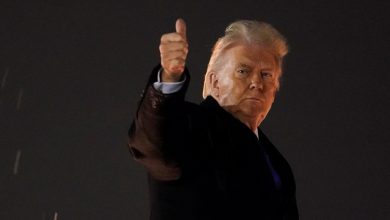Europe is confronting an unprecedented challenge in dealing with hybrid warfare, which has become a defining characteristic of its relationship with Russia. This assessment comes from military and strategic expert, Brigadier General Elias Hanna, who spoke exclusively with DZWatch.
According to General Hanna, this type of conflict blurs the lines between war and peace, transforming all domains into potential arenas of confrontation. He explained that the Russian approach is based on the principle of militarizing everything, effectively eliminating the distinction between wartime and peacetime operations. This translates into actions ranging from the use of unmanned aerial vehicles (UAVs) of unknown origin to cutting undersea cables and manipulating the information space through organized disinformation campaigns.
Europe has gradually recognized the gravity of this evolving form of conflict and has begun constructing integrated defense systems. A key component of this effort is the so-called ‘Hybrid Toolbox,’ which pools European capabilities and expertise to counter unconventional tactics. Additionally, cells are being established to coordinate the protection of critical infrastructure and monitor hostile media campaigns.
These developments occur against a backdrop of escalating tensions between the North Atlantic Treaty Organization (NATO) and Russia. In recent months, Europe has experienced a series of mysterious incidents, including drone incursions and disruptions to communication and undersea gas networks. The origins of these incidents remain undetermined, further fueling NATO’s concerns about a covert, undeclared war.
General Hanna noted that the European Union has also launched the ‘European Security Instrument’ (ESI), a financial fund worth €150 billion. Member states can utilize this fund to bolster their defense capabilities. He emphasized that the ESI is part of a comprehensive plan to revitalize infrastructure along the eastern flank, stretching from Estonia to Poland, thereby facilitating effective military maneuvers.
Despite these efforts, General Hanna believes that Europe is still primarily reacting rather than proactively shaping events. He argues that European defense strategies require greater coherence and practical implementation within the broader European Security Architecture 2030 framework. He stressed that current actions are largely focused on deterrence.




